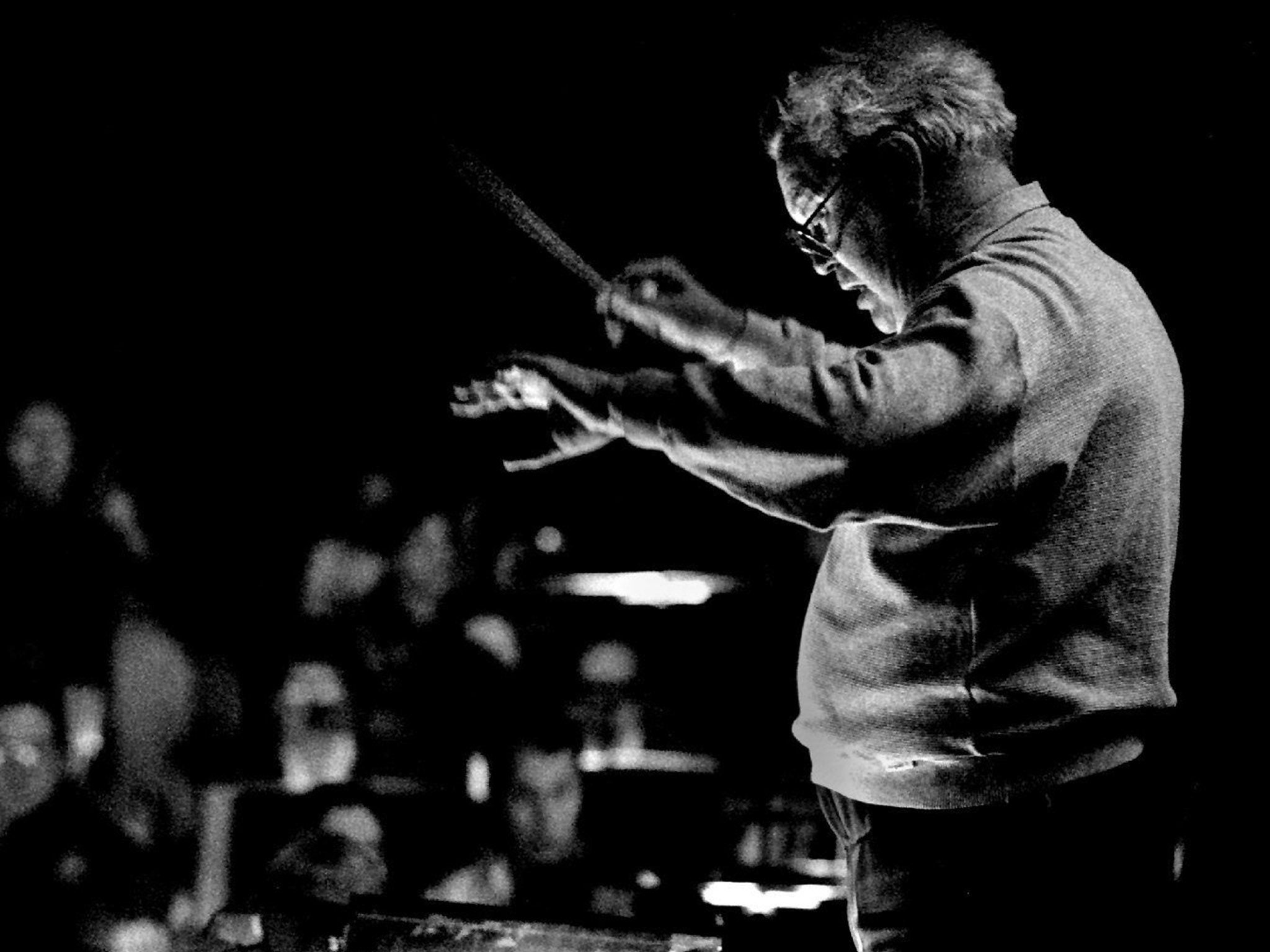Heinz Fricke: Conductor whose career enjoyed a late international flowering following fall of the Berlin Wall
When he retired in 1992 at the mandatory age of 65, the Wall was in the final stages of being dismantled

Your support helps us to tell the story
From reproductive rights to climate change to Big Tech, The Independent is on the ground when the story is developing. Whether it's investigating the financials of Elon Musk's pro-Trump PAC or producing our latest documentary, 'The A Word', which shines a light on the American women fighting for reproductive rights, we know how important it is to parse out the facts from the messaging.
At such a critical moment in US history, we need reporters on the ground. Your donation allows us to keep sending journalists to speak to both sides of the story.
The Independent is trusted by Americans across the entire political spectrum. And unlike many other quality news outlets, we choose not to lock Americans out of our reporting and analysis with paywalls. We believe quality journalism should be available to everyone, paid for by those who can afford it.
Your support makes all the difference.The international career of the conductor Heinz Fricke was limited by the Berlin Wall, but he enjoyed a late flowering in the US. He rose to eminence in East Germany after the Second World War, taking over at the Berlin State Opera in 1961, the year the Wall was built. He led the ensemble, one of Germany’s most prestigious, for the next 30 years.
When he retired in 1992 at the mandatory age of 65, the Wall was in the final stages of being dismantled. It had circumscribed Fricke’s movements for much of his career. He was often denied permission to accept guest conducting jobs in the West; when he did take them, the state took 40 to 50 per cent of his fee, and often put off issuing visas until the last minute.
In 1990 he was finally allowed to go to the US, and in 1993, after a successful Flying Dutchman with the Washington National Opera, though still almost entirely unknown in the US, he took over as music director of the WNO and of the Kennedy Center Opera House Orchestra. No one was quite prepared for the transformation that followed. During an 18-year tenure, Fricke improved standards and discipline and replaced more than a third of the orchestra.
The only fly in the ointment was an incident when he was accused of discriminating against a WNO violinist who claimed he was fired in 1996 because he was Jewish. A jury awarded the Soviet-born violinist, Boris Reznikov, $150,000 in damages in 2000. But mostly, players loved him. The flautist Adria Sternstein said in 1997, “You walk out of a rehearsal feeling, ‘This is why I went into music.’”
Heinz Fricke, conductor: born Halberstadt, Germany 11 February 1927; died 7 December 2015.
Copyright: The Washington Post
Subscribe to Independent Premium to bookmark this article
Want to bookmark your favourite articles and stories to read or reference later? Start your Independent Premium subscription today.
Join our commenting forum
Join thought-provoking conversations, follow other Independent readers and see their replies
Comments